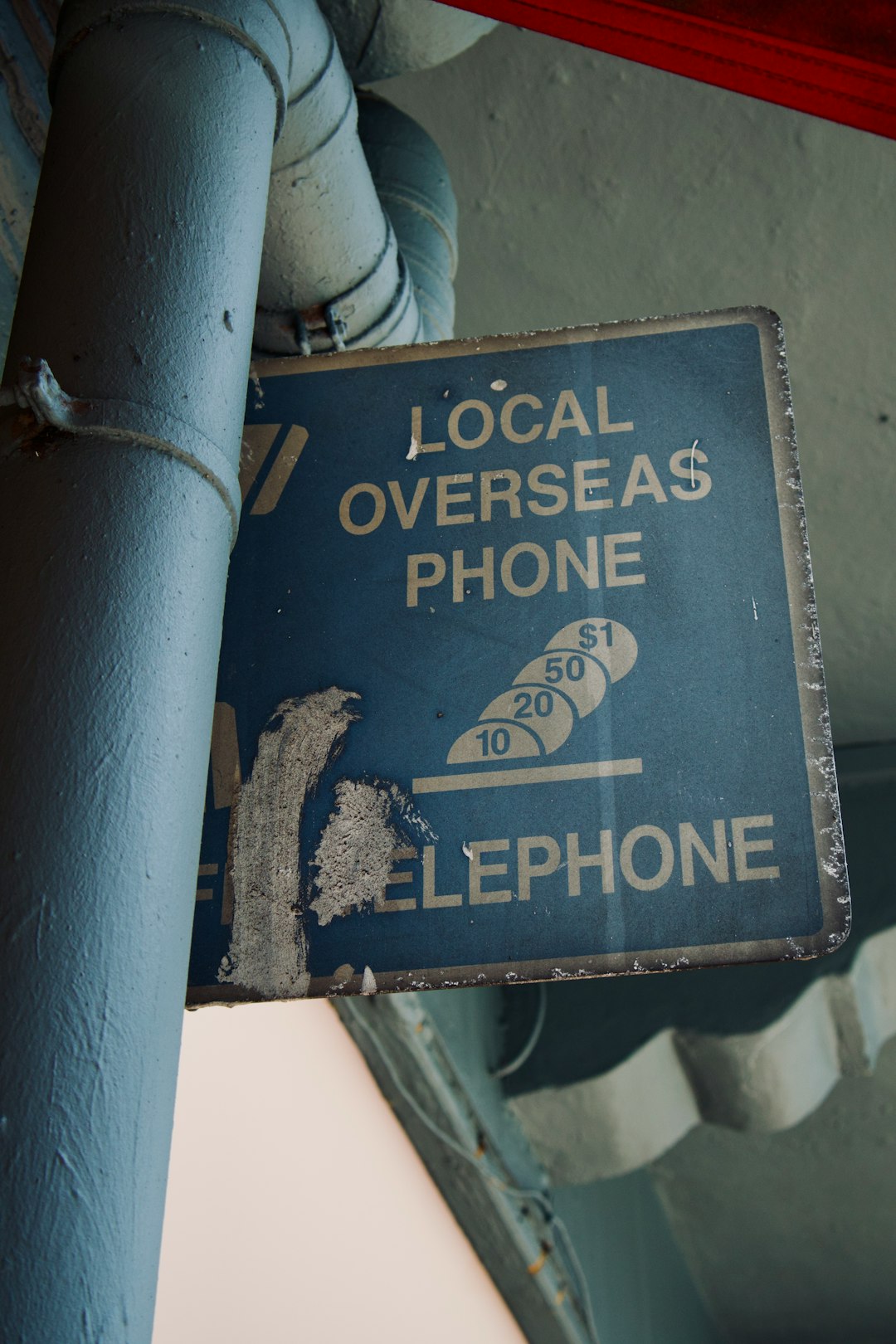Louisiana's trucking industry faces telemarketing challenges due to missed calls while driving. No Call Attorneys protect truckers' rights by managing do-not-call lists, mitigating unwanted communication, and ensuring focus on the job. Legal protections against calls include consultation with specialized No Call Attorney Louisiana for guidance on complaints, damages, or settlements. Greenwood's strategy involves identifying call sources, legal consultation, establishing protocols, using technology like call blocking software, and regular updates based on patterns and laws to protect workers from intrusive telemarketing practices. No-Call Laws in Louisiana enhance well-being, safety, and work-life balance for truckers by restricting calls during specific hours. Effective communication encourages boundaries and prompts industry adaptation to reduce nuisance calls, protecting privacy and fostering safer environments while balancing business interests with individual rights.
“In Louisiana, the trucking industry faces a pervasive issue: unwanted telephone calls. These calls, often from telemarketers or debt collectors, disrupt workers’ routines and well-being. This article explores strategies to protect these essential workers, focusing on Greenwoods Strategy—a comprehensive approach designed by top No Call Attorneys in Louisiana. We delve into the legal rights of truckers, provide a step-by-step guide to implement Greenwoods Strategy, highlight the benefits of no-call laws, and offer alternative communication solutions for a safer and more peaceful working environment.”
Understanding Trucking Industry's Call Issues in Louisiana

In Louisiana, the trucking industry faces unique challenges when it comes to unwanted phone calls, often from aggressive debt collectors or telemarketers. Due to the nature of their work, truckers may miss calls, leading to a cycle of missed messages and subsequent harassing calls. This issue is exacerbated by the fact that many truckers have limited access to traditional landline phones, relying instead on mobile devices that can be difficult to manage while driving.
Louisiana’s No Call Attorney plays a crucial role in addressing these problems. These legal experts help establish do-not-call lists and protect truckers’ rights against excessive or unwanted communication. By understanding the specific challenges faced by the trucking community, they offer tailored solutions, ensuring that workers can focus on their jobs without constant interruptions from telemarketers or debt collectors.
Legal Rights and Protections for Workers

In Louisiana, as in many other states, trucking industry workers have legal rights and protections against unwanted calls, often referred to as telemarketing or sales calls. These rights are designed to safeguard their personal time and privacy. One crucial protection is the ability to register for the National Do Not Call Registry, which prohibits most telemarketers from calling registered numbers. Additionally, Louisiana has specific laws that restrict the timing and manner of phone solicitations, ensuring workers aren’t harassed during work or personal time.
If a trucker feels their rights have been violated, they can take action by consulting with a No Call Attorney Louisiana. These legal professionals specialize in navigating the complexities of do-not-call laws and can help workers understand their options. This may include filing complaints with regulatory bodies, seeking damages for harassing calls, or negotiating settlements to ensure compliance with the law and respect for personal boundaries.
Implementing Greenwoods Strategy: Step-by-Step Guide

Implementing Greenwood’s Strategy for protecting trucking industry workers from unwanted calls involves a multi-step approach. First, identify and document all known sources of nuisance calls using detailed logs to track call patterns and types. Next, consult with legal experts, such as a No Call Attorney in Louisiana, to understand the legal framework surrounding telemarketing regulations and consumer rights.
Then, establish clear communication protocols with your workforce, ensuring they are aware of their rights and the steps to take when encountering unwanted calls. Implement technology solutions like call blocking software and automated screening systems to filter out suspected spam or fraudulent calls. Regularly review and update your strategy based on call patterns and evolving legal landscapes to maintain an effective system for protecting workers from intrusive telemarketing practices.
Benefits of No-Call Laws for Trucker Well-being

In many states, including Louisiana, No-Call Laws have been implemented to protect truckers from unwanted sales and marketing calls. These laws offer significant benefits for the well-being of trucking industry workers. By restricting telemarketing activities during specified hours, No-Call Laws ensure that truck drivers can focus on their primary task: operating commercial vehicles safely and efficiently. This reduction in disruption promotes better concentration, leading to enhanced job performance and safety on the road.
Additionally, these laws provide a sense of control and peace of mind for truckers, allowing them to manage their time effectively. No-Call Laws empower workers by eliminating constant interruptions, enabling them to set boundaries between work and personal life. This balance is crucial for maintaining mental health and overall job satisfaction in an industry known for demanding long hours and rigorous schedules. For those seeking legal counsel regarding No Call Attorney Louisiana, understanding these advantages underscores the importance of such legislation in supporting the well-being of trucking professionals.
Effective Communication and Alternative Solutions

Effective communication is a cornerstone of Greenwood’s strategy. By fostering open dialogue, trucking industry workers can express their preferences regarding unwanted calls, empowering them to set boundaries. This approach respects individual choices while encouraging No Call Attorney Louisiana services to adapt their practices.
Alternative solutions are also integral to this strategy. Implementing do-not-call lists and automated blocking systems can significantly reduce nuisance calls. Additionally, education initiatives can help workers understand their rights and the legal avenues available to them if they face persistent unwanted calls. These measures ensure a harmonious balance between business interests and worker privacy, creating a safer and more respectful work environment.






